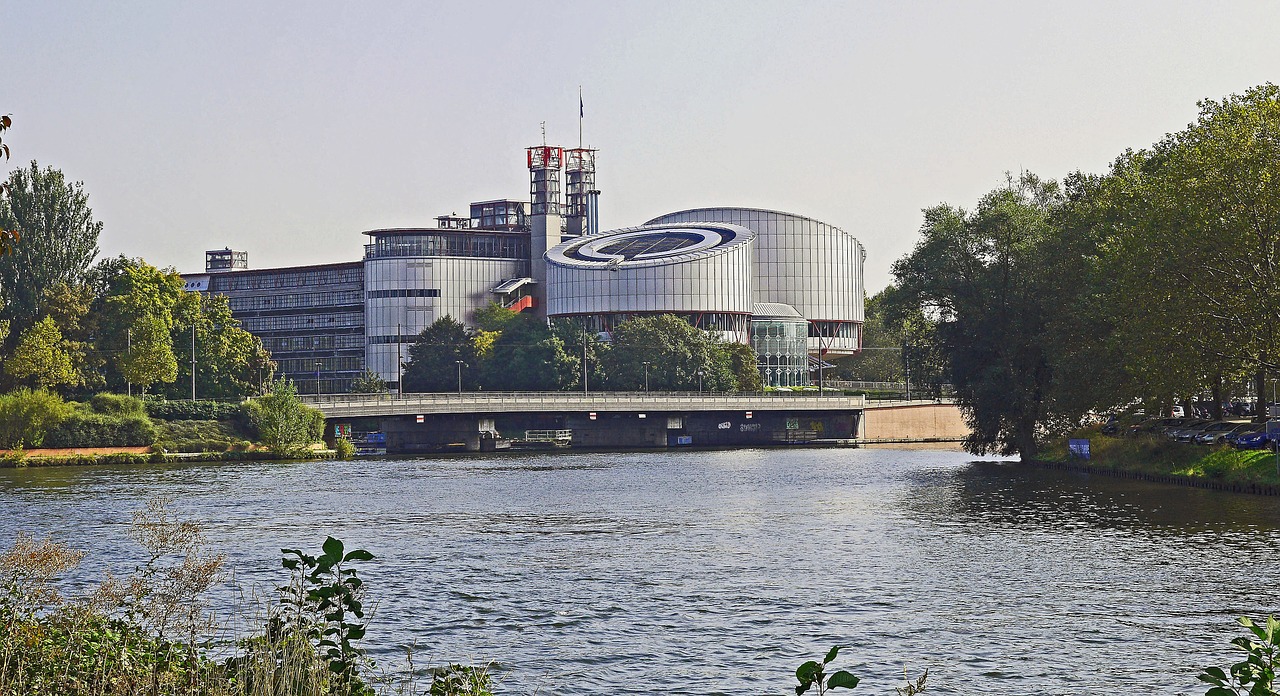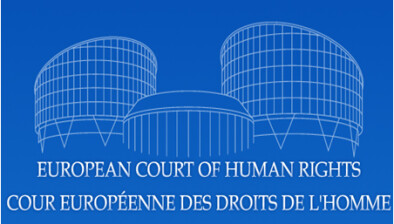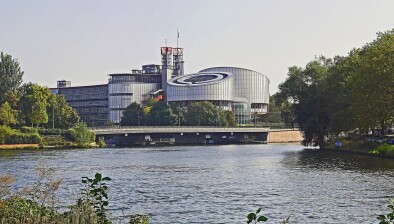ECtHR: No effective remedy under Irish law for complaints about excessive length of proceedings

There is no effective remedy under Irish law for complaints about excessive length of proceedings, the European Court of Human Rights (ECtHR) has ruled.
In today’s Chamber judgment in the case of Keaney v Ireland, the court held unanimously that there had been a violation of Article 6 § 1 (right to a fair trial within a reasonable time) and Article 13 (right to an effective remedy).
The case concerned a complaint from Vincent Keaney, represented by Dublin-based Paul O’Sullivan & Co. Solicitors, about the length of civil proceedings following a failed business venture.
Lawyers for the Government submitted that the Supreme Court’s 2016 ruling in Nash v DPP clarified that the constitutional right to a timely trial is well-established in Irish law and that, in an appropriate case, an Irish court may award damages for breach of that right.
However, the ECtHR said the Supreme Court in the Nash case had “held back on defining the parameters of such a claim in circumstances where it had decided on the facts of that case that there had been no culpable delay on the part of the State”.
As a result of this, “considerable legal effort, time and even expense by potential applicants and the State will still be required to establish how the right to expedition may apply in practice”.
The court stressed that problems regarding the existence of an effective remedy for unreasonable delay had been flagged since 2003 and reiterated in cases involving civil and criminal proceedings since then.
Mr Keaney was not awarded any pecuniary damages owing to his own contribution to delays in his cases before the High Court and the Supreme Court.










